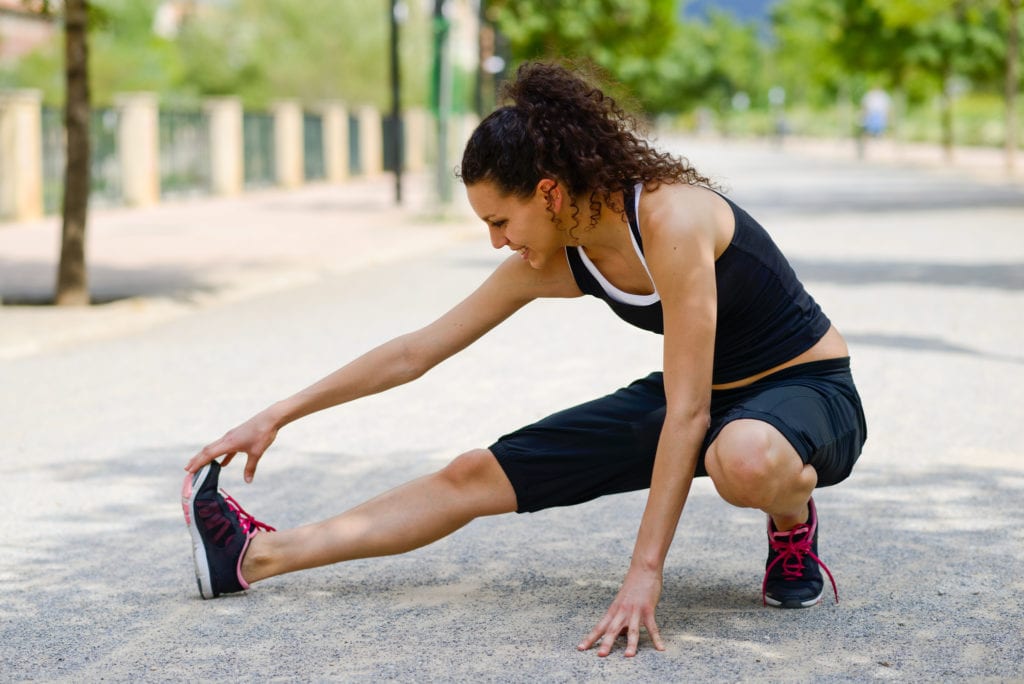How much exercise should I be doing to help my heart?
- By One Heart Clinic
- January 24, 2019

The American Heart Association has recently published its guidelines for physical activity. Physical activity is anything that moves your body and burns calories such as walking, climbing stairs and stretching. The recommendations for adults are at least 150 minutes of heart pumping physical activity per week. That’s at least 30 minutes, 5 times a week of moderate intensity exercise or 75 minutes a week of vigorous aerobic activity. The guidelines also recommend to include moderate- to high-intensity muscle-strengthening activity (like resistance or weight training) at least twice a week. These recommendations are based on evidence that support the association of physical activity, overall health and well-being with disease prevention and quality of life.
How do I exercise?
The type of aerobic (or “cardio”) activity that is beneficial is the type that raises your heart and benefits your heart by improving cardiorespiratory fitness. During moderate intensity exercise your heart should beat faster and you should breathe harder than normal, but still be able to hold a conversation. Examples of moderate-intensity aerobic activities are brisk walking, dancing, gardening or cycling. Vigorous intensity exercise requires additional effort and will push your body further. With this level of exercise, you should get warm and begin to sweat. You won’t be able to talk much without getting out of breath. Examples of vigorous-intensity aerobic activities: hiking uphill or with a heavy backpack, running, skipping, boxing and cycling at pace.
What if I am starting out with exercise?
Increasing physical activity is possible for everyone and if you are starting out, set an achievable goal every day. Don’t worry if you can’t reach 150 minutes per week just yet straightaway but it is important that you persist. You can work up toward the recommended amount by increasing your time as you get stronger. The simplest way to get moving and improve your health is to start walking. It’s free, easy and can be done just about anywhere, even in place.
What are the benefits of exercise?
Increased physical activity has a number of well-established benefits including reducing the risk of heart disease, stroke, type 2 diabetes, high blood pressure, dementia and Alzheimer’s. Other advantages are better sleep, including improvements in insomnia and obstructive sleep apnea and improved cognition, including memory, attention and processing speed. As well as physical benefits, exercise is associated with improved mental health with improved symptoms of depression and anxiety and a better quality of life and sense of overall well-being.
Kick start your healthy heart campaign and get fitter to live longer and healthier.